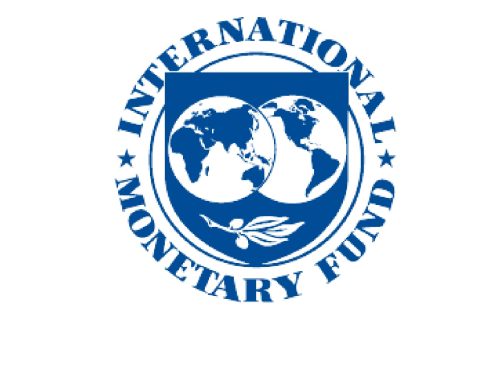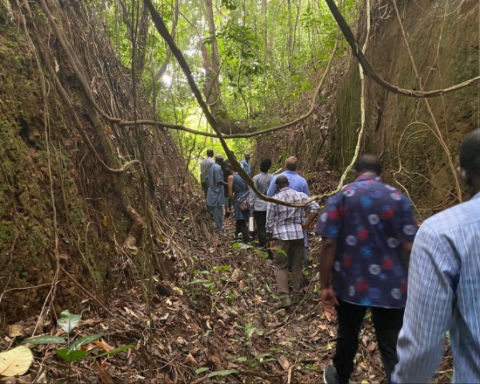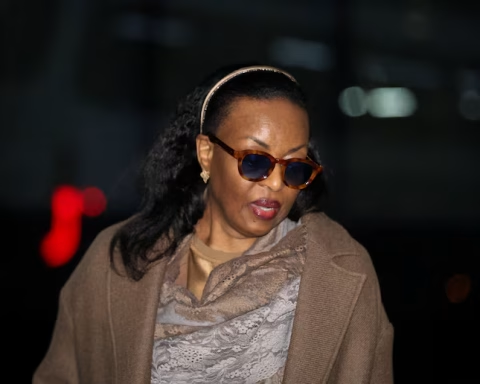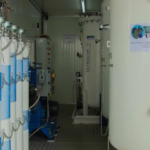By Victor Ezeja
SINCE President Muhammadu Buhari presented 2022 appropriation bill to National Assembly on Thursday, October 7, reactions have continued to trail it.
Join our WhatsApp ChannelLooking at the budget of N16.39 trillion, with a revenue projection of N10.13 trillion, and a deficit of N6.26 trillion, it appears that capital expenditure of N5.35 trillion would be financed through borrowing.
Minister of Finance, Budget and National Planning, Dr Zainab Ahmed, gave the hint during public presentation and breakdown of the highlights of the appropriation Bill, that the capital expenditure which accounts for only 32.6 percent of the proposed budget, would be financed through borrowing.
Economic experts have expressed concern over such fiscal proposal by the Federal Government, stating that given the country’s past history on appropriations, it is not economically viable.
Professor of Economics, University of Nigeria Nsukka, Richardson Kojo Edeme, said relying on borrowing to entirely finance capital expenditure is not sustainable for the economy.
He said, “Although borrowing to finance capital expenditure in itself is okay, but my main concern is, are these projects productive to generate additional resources and revenue, at least in the nearest future? Otherwise such arrangements will create more problems that the budget arrangement seems to solve. For a country to depend majorly on borrowing to finance capital expenditure is unsustainable.”
In the same vein, Economic analyst and senior lecturer at Niger Delta University, Wisdom Krokeyi, said borrowing to finance capital projects is not a bad idea, but given Nigeria’s history on budget, there is doubt that such fund would be properly deployed to actualize critical projects.
Krokeyi remarked that such borrowed funds should be invested in critical projects that generate revenues which help to offset the debt over time.
“If we are borrowing to finance capital project, such project that we are borrowing to finance should be able to be self-liquidating; be able to generate revenue, not government borrowing to finance and then government borrow more to sustain that project. It is not economically viable. It is not a good one, but if we borrow and we invest or we finance the capital budget that will create further wealth in that case it is not out of place,” Krokeyi stated.
The views of the above economic experts, echo the point made by Former Governor of Anambra State, Mr Peter Obi, who while participating in a morning programme at Arise TV, last week Monday, said Nigeria is merely borrowing for consumption which is unsustainable.
The former Vice Presidential candidate of Peoples Democratic Party (PDP) in 2019 election, faulted the 2022 budget for being skewed towards recurrent expenditure, saying that it shouldn’t be so for a developing economy.
Obi said Nigeria does not operate a developed economy like America that can borrow to consume. He advised that borrowed money should be invested in critical areas which brings about positive growth of the economy, adding that the government should be specific about what projects the money is being invested in.
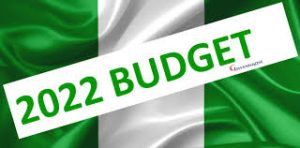
The Finance Minister had while defending government borrowing to finance deficit in the 2022 budget, said Nigeria had to spend its way out of recession, a reason for the exponential increase in the country’s debt which as at June 2021, was more than N35 trillion.
Reacting to this, Obi said, Nigeria needed to cut cost of governance and spend on only critical areas to improve the economy.
“If you have to borrow to come out of recession, you have to spend the money on critical areas that can not just pull you out of recession, but will grow your economy and make it work,” Obi advised.
He also said that the proposal made by President Muhammadu Buhari to increase Nigeria’s revenue to GDP ratio to 15 per cent in a bid to shore up the country’s revenue is not achievable even in the next five years, insisting that Nigeria has a debt problem not revenue problem.
He said the best way to appreciate the economic problem of the country is to look at the debt-to-revenue, not debt-to -GDP.
He said there is a link between pulling people out of poverty and increasing national revenue. He explained that pulling people out of poverty means reducing unemployment and underemployment which means more tax revenue for the government.
Edeme similarly advised that government needs to make the budget more realistic both in terms of revenue projections and exchange estimates.
On the Exchange rate the Development Economist said the proposed exchange rate of $1 to N410.15 is unrealistic. He noted that it amounted to giving the citizens false hope going by the fact that the current exchange rate is almost $1 to N500, adding that, “due to the volatility in the exchange rate brought about by shortage in supply, the budget implementation will run into a hitch because of supply lag.”
He emphasised the need for the government to cut down costs on frivolities and focus spending on critical areas to improve the economy.
His words, “To sooth the development needs of the economy, the government should make the budget to be realistic and focus on the real sectors of the economy while cutting down expenditures on frivolities. Moreover, it is high time the government grow non-oil revenue, otherwise the budget will be an annual ritual.”
Victor Ezeja is a passionate journalist with seven years of experience writing on economy, politics and energy. He holds a Master's degree in Mass Communication.




